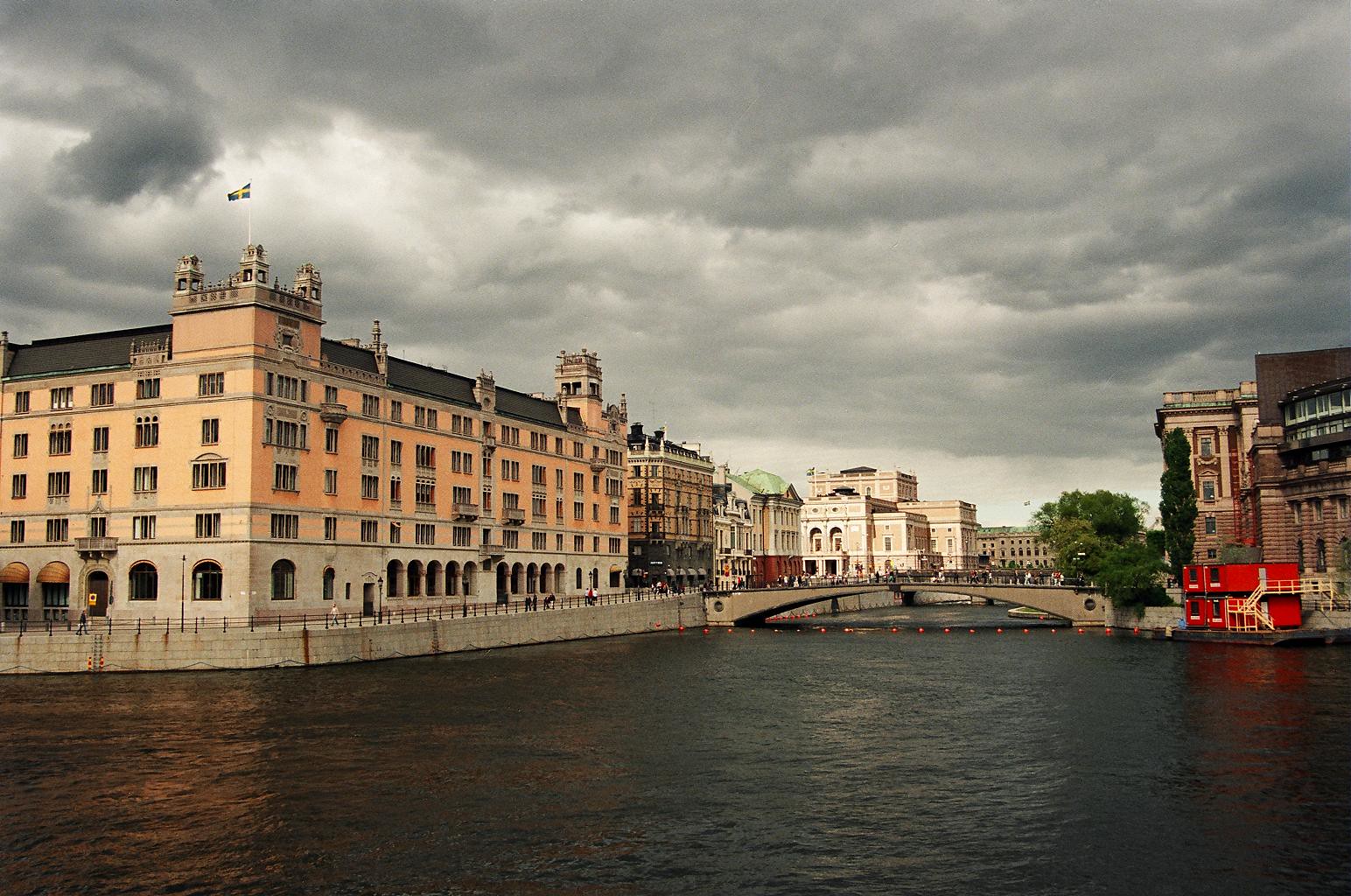Sweden: Measures to Address Coronavirus Pandemic
By Helena Roberts

Gamla Stan, Sweden © Ed G / Flickr
Helena Roberts
First Published: 20 March 2020
Last Updated: 22 February 2022
For the duration of the pandemic, the Swedish Government has responded to the coronavirus situation based on assessments of the level of infection across the country. It has introduced restrictions deemed necessary to mitigate COVID-19 cases and limit pressures on health care services, whilst developing a package of economic measures to protect employment and the economy. The restrictions have changed frequently in order to stay proportionate to the level of associated risk of infection. Based on current assessments, the Ministry of Health and Social Affairs has decided to begin phasing out measures in stages, with the first stage beginning on 9 February 2022, and the second stage due to begin on 1 April 2022. Notably, on 3 February 2022, the Public Health Agency of Sweden submitted a request calling for the pandemic to be reclassified as a disease which is no longer a ‘danger to society or a threat to public health’ (see here).
- International Travel:
- Travel Ban: A non-essential travel ban for countries outside of the EU/EEA will remain in place in Sweden until at least 31 March 2022 (see here). Persons travelling from Bahrain, Chile, Colombia, Hong Kong, Indonesia, Kuwait, Macao, New Zealand, Peru, Qatar, Rwanda, Saudi Arabia, South Korea, and the United Arab Emirates are exempt from the entry ban. Moreover, travellers from Albania, Andorra, Armenia, Cabo Verde, El Salvador, Faroe Islands, Georgia, Guernsey, the Isle of Man, Israel, Jersey, Lebanon, Morocco, Moldova, Monaco, Montenegro, New Zealand, North Macedonia, Panama, San Marino, Serbia, Singapore, Switzerland, Taiwan, Thailand, Togo, Tunisia, Turkey, Ukraine, Uruguay, the United Kingdom, the United States, and the Vatican City are exempt from both the entry ban and test requirement provided they are able to present a vaccination certificate (see here, here and here for details). Notably, the entry ban which applied for EU/EEA countries was rescinded on 9 February 2022, following a Government meeting described as ‘extraordinary’.
- Arriving in Sweden: The requirement to present a COVID-19 certificate upon entrance into Sweden is mandatory for all international travellers aged 18 and over, including those from the EU/EEA (see here). Furthermore, travellers aged 6 and above are recommended to get tested as soon as possible after arrival in the country (see here).
- Domestic Travel: Long-distance public transport is now fully operational throughout Sweden. However, as local recommendations can be introduced at short notice, checking regional websites and news sources prior to travelling is advised.
- Closures and Restrictions: With the coronavirus situation in Sweden most recently assessed to be ‘sufficiently stable,’ the Swedish Government has proceeded to phase out measures. Indeed, the Majority of coronavirus restrictions were lifted on 9 February 2022. Notably, social distancing measures in restaurants, shops, businesses and bars have been rescinded, and the Act on Temporary Infection Control Measures at Restaurants and Bars, no longer applies. For more information with regards to COVID-19 restrictions and measures, see here and here.
- Events: Whilst the majority of event restrictions linked to capacity controls and infection control measures were rescinded on 9 February 2022, unvaccinated individuals are still recommended to avoid large indoor gatherings and events where crowding is expected (see here).
- Economic Measures: Although the government’s response to the pandemic (in the form of closures and restrictions) led to economic downturn and unemployment, comparatively the Swedish economy coped better than many other European countries and its recovery has been faster (see here). A summary of the measures introduced over the course of the pandemic can be found here. Measures such as loan and credit guarantees, the short term work program, and deferred tax and rental payments were particularly successful in mitigating the effects of COVID-19 on the economy (see here). The short term work programme, for example, covered almost 600,000 jobs in 2020 and provided the unemployed with industry transition opportunities. Looking ahead, the Budget Bill for 2022 (published 20 September 2021) proposes climate-centred economic growth, job creation, and the strengthening of the Swedish welfare system. It advances that spending should be allocated to coronavirus vaccines, testing and contact tracing programs in order to reduce the negative impacts of COVID-19 on the economy, travel, and other key sectors in future. Whilst some of Sweden’s COVID-19 measures have been concluded, others remain ongoing including extended purchases of securities; eased collateral requirements when borrowing from the central bank; and a reduced overnight bank lending rate (see here).
For further information, see here and here.
Helena Roberts is a Global Leadership Fellow at Polar Research and Policy Initiative, and serves as lead writer for the Norway and Sweden sections of both the UK-Arctic Trade and Investment Observatory and the Coronavirus Observatory.
Go back
